
Major Josef Mai Iron Cross First and Second Class, was a World War I fighter pilot credited with 30 victories.
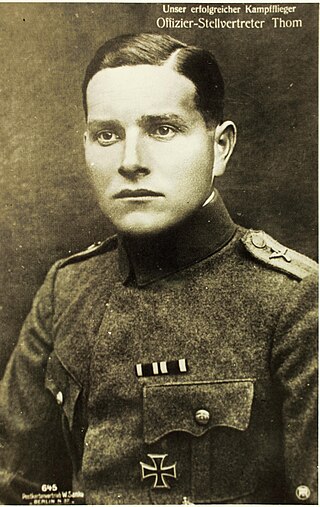
Leutnant Karl Thom, was a German World War I flying ace credited with 27 victories. He was decorated with both his nation's highest decorations for valor, the Military Merit Cross as an enlisted soldier, and the Pour le Mérite after he was commissioned as an officer. He was one of only four German aces of World War I to achieve this double award.

First Lieutenant Charles Rudolph d'Olive was a World War I flying ace, credited with five aerial victories. He was the last World War I aviator to be declared an ace, in 1963.

Lieutenant George Willard Furlow (1893–1959) was a World War I flying ace credited with five aerial victories.

Lieutenant James Knowles Jr. (1896–1971) was a World War I flying ace credited with five aerial victories. He was one of the final aces in the war.

Lieutenant Kenneth Lee Porter was a World War I flying ace credited with five aerial victories.

Lieutenant Orville Alfred Ralston was a World War I flying ace credited with five aerial victories. He returned to service for World War II, only to die in a B-17 crash.
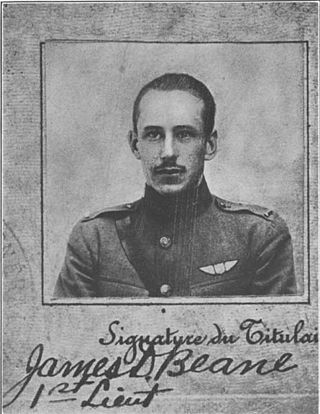
Lieutenant James Dudley Beane was a World War I flying ace credited with six aerial victories.

Lieutenant Murray Kenneth Guthrie was a World War I flying ace credited with six aerial victories.
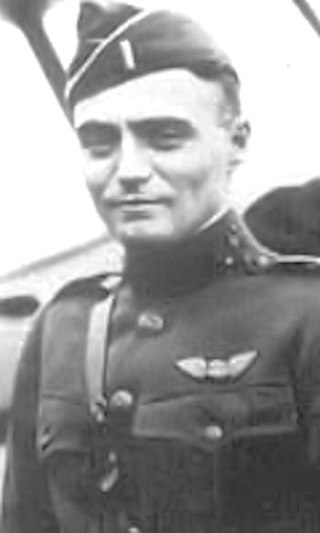
Lieutenant Jesse Orin Creech was a World War I flying ace credited with seven aerial victories. He shot down the final victory of the war for his squadron.

Lieutenant Leslie Jacob Rummell (1895-1919) was an American World War I flying ace credited with seven aerial victories.
Lieutenant Harold Albert White was a Canadian World War I flying ace credited with seven aerial victories while flying the Sopwith Dolphin.

Lieutenant Clinton Leonard Jones, Jr. was an American World War I flying ace credited with eight aerial victories.
Lieutenant Eugene Seeley Coler (1896-1953) was an American World War I flying ace who served in the British Royal Flying Corps and Royal Air Force. He was credited with 16 aerial victories.

Lieutenant Jacques Michael Swaab was an American World War I flying ace with the 22nd Aero Squadron who was credited with ten victories. He later worked in the Hollywood film industry.
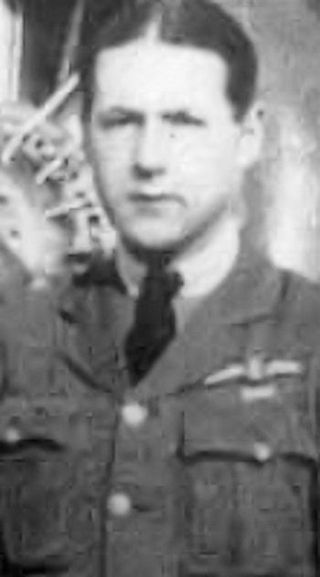
Lieutenant Kenneth Russell Unger was an American World War I flying ace credited with fourteen aerial victories. His candidacy rejected by his own nation, Unger applied to the British Royal Flying Corps for military pilot training in June 1917. Once trained, he was assigned to the Royal Naval Air Service (RNAS). As the RNAS was merged into the Royal Air Force, Unger scored his aerial victories between 26 June and 1 November 1918. In later life, Unger remained involved in aviation and served again during World War II. He also joined the U.S. Navy Reserves, rising to the rank of rear admiral.

Captain Emile John Lussier was an American flying ace during World War I. He was credited with eleven confirmed aerial victories while flying with the Royal Air Force.
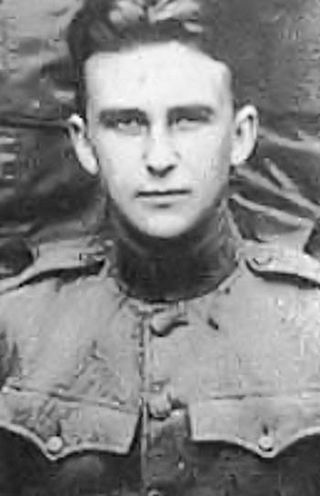
Lieutenant Howard Burdick DSC DFC was an American World War I flying ace credited with eight confirmed aerial victories. He and his son, Clinton D. Burdick, are the only known pair of father-son flying aces.

Lieutenant Chester Ellis Wright was an American World War I flying ace credited with nine confirmed aerial victories. He was the top scoring ace for his squadron.

Captain Thomas Gantz Cassady (1896-1972) was an American fighter pilot who served in two World Wars, and was successful in business during peacetime.


















